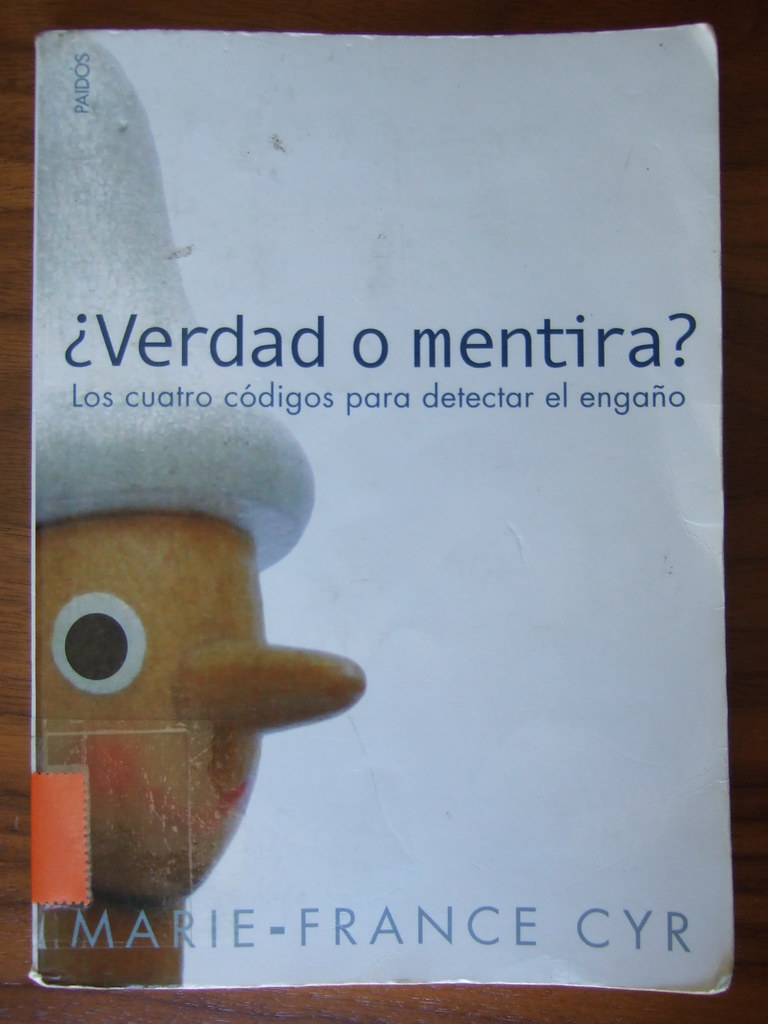2.8: Sección 2 - Verbos de duda y negación
- Page ID
- 108880
Another context in which you will need the subjunctive is when the verb in the independent clause expresses doubt or negation about the information in the dependent noun clause. Read through the examples below.
| Dudo que pueda llegar a tiempo. | I doubt that he can arrive on time. |
| No creen que la película sea muy buena. | They don't think that the movie is very good. |
| ¿Crees que el examen sea difícil? | Do you think that the exam will be difficult? |
| No parece que encuentren una solución permanente. | It doesn't seem that they will find a permanent solution. |
| No considero que sea un buen plan. | I don't think that it's a very good plan. |
What do these examples have in common with those that we saw when we used the subjunctive with verbs of desire and influence?
- Answer
-
- The conjunction "que" appears in all of the sentences.
- There is a change of subject between the independent and dependent clause.
Verbs of Doubt/Denial
| negar que | to deny that | dudar que | to doubt that |
| no pensar/no creer que | to not think that | no estar seguro que | to not be certain that |
| tener dudas que | to have doubts that | no suponer que | to not assume that |
| no parecer que | to not seem that | no considerar que | to not consider that |
| *es dudoso que | it is doubtful that | no es cierto/seguro | it is not certain |
*These are impersonal expressions. You will learn more about them in the next chapter!
The verbs in the table above either express doubt or denial, and will trigger the subjunctive in the dependent clause. Note that many are verbs that simply have a "no" placed in front of them to indicate doubt or uncertainty. When those verbs are used affirmatively, then the indicative will be used. The verbs "dudar," "es dudoso," "tener dudas que," and "negar" when preceded by "no" will take the indicative. The verbs "creer" and "pensar" when used in a question can take the subjunctive as seen in the example in the table above.
| No dudo que mi familia me va a visitar en septiempre. | I don't doubt that my family will visit me in September. |
| No niego que hiciste el trabajo. | I don't deny that you did the work. |
| No es dudoso que las clases universitarias son más difíciles que las de la escuela secundaria. | It is not doubtful that university classes are more difficult than those in high school. |
| Están seguros que vamos a llegar tarde. | They are sure that we will be late. |
| ¿No piensas que la comida sea muy buena en ese restaurante? | Don't you think that the food is really good in that restaurant? |
!A practicar!
Actividad 1
Actividad 2
Actividad 3: Para practicar más en línea
1. Ejercicio 1 de Colby College y Ejercicio 2 de Colby College
2. Ejercicio 3
Actividad 4: ¿Verdad o mentira?
 Paso 1 - Contesta a las preguntas con una respuesta verdadera o falsa. Es decir, no tienes que ser completamente honesto/a/e
Paso 1 - Contesta a las preguntas con una respuesta verdadera o falsa. Es decir, no tienes que ser completamente honesto/a/e
para esta actividad y puedes inventarte las respuestas. Sin embargo, debes estar preparado/a/e para convencerle a tu compañero/a/e
que le dices la verdad.
1. ¿Cuál es tu deporte favorito?
2. ¿Qué lugar quieres visitar en el futuro?
3. ¿Cómo pasas el día perfecto?
4. ¿Cuáles son los tres libros que quieres tener contigo en una isla desierta?
5. ¿Qué destreza (skill) quieres aprender?
6. ¿Dónde quieres vivir en 10 años?
7. ¿Qué superhéroe/heroína te gusta ser?
8. ¿Qué querías ser cuando tenías 10 años? "Foto por raulbarraltamayo. ( CC BY-SA 2.0)
Paso 2 - En parejas, y tomando turnos, compartan sus respuestas. Después de contestar, la otra persona tiene que decidir si la(s) respuesta(s) es verdadera o falsa
usando uno de los verbos de duda. Pueden pedir más información para descubrir si la pareja habla en serio o no.
Ejemplo: Me encanta remar.
¿Sí? ¿Dónde practicas? ¿Cuándo empezaste a practicar este deporte?
Conclusión: Dudo que te encante remar.
Actividad 5: La ola de calor
Para preparar: Lee este artículo sobre la ola de calor en EEUU.
Con un compañero/a/e, escribe cinco frases reaccionando a la información del artículo usando una expresión de duda o negación.
1.
2.
3.
4
5.
Actividad 6: Supersticiones
1. Mira el vídeo 0:00-2:06 (¡Aunque puedes mirarlo todo!) y escribe una lista de todas las supersticiones que oyes.
(VideoEle by Agustín Iruela CC BY-NC-ND 3.0 ES)
Paso 2: Con dos compañeros/as/es, compartan sus listas y escriban frases completas describiendo la superstición.
Ejemplo: Se dice que si te cruzas con un gato negro algo malo te pasa.
Paso 3: Reaccionen a las supersticiones con uno de los verbos de duda o negación. ¡OJO! También puedes creer en la superstición
Ejemplo: No creo que te pase nada al ver un gato negro.
Es cierto que los gatos negros traen mala suerte.
Paso 4: El vídeo menciona la palabra "gafes". ¿Qué significa? ¿Creen que haya gafes?

